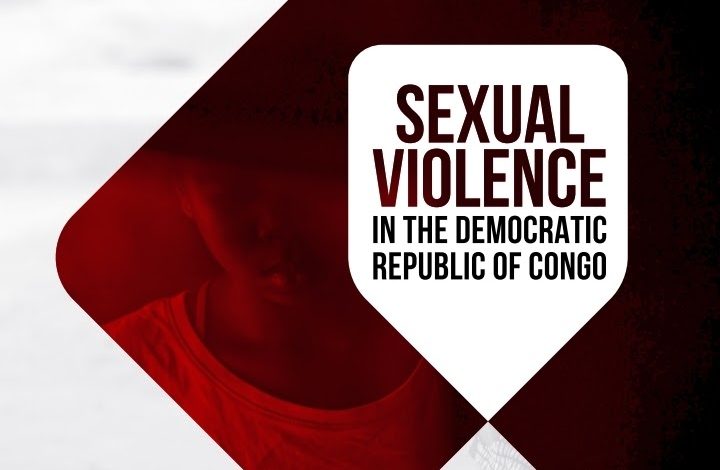MSF Raises Alarm Over Rising Sexual Violence In DR Congo
Médecins Sans Frontìères calls for a critical need to curb and assist survivors of sexual violence in Democratic Republic of Congo.

Médecins Sans Frontìères (MSF)/Doctors Without Borders, an International NGO has sought for urgent mobilisation to survivors of sexual violence in Democratic Republic of Congo. The organisation also warned of the lack of support for survivors of sexual violence.
As cases surge and impact are becoming more apparent, MSF called on the Congolese authorities and their partners to act now, in line with the medical, legal, socioeconomic, and protective measures that needed to be observed.
In 2020, nearly 11,000 survivors of sexual violence were assisted by MSF and the Ministry of Health teams in six of the 26 provinces of the DR Congo, approximately 30 per day.
MSF teams carried out medical interventions in 21 provinces of the country but provided medical and psychological care in six of them: Ituri, Kasaï-Central, North Kivu, South Kivu, and Maniema.
MSF disclosed the emergency situation was above one medical assistance. Data collected by MSF has shown a worrying growth of the physical and psychological state of patients who come to health facilities, facing unwanted pregnancies, infections, physical injuries resulting from the violence, severe psychological trauma including among minors (one fifth of patients treated by MSF in 2020).
The Sentenced Twice report highlighted the shortcomings in the care of survivors observed daily, inadequate provision of training for medical staff, and insufficient provision of medical supplies, low levels of information for communities and patients on the medical and psychosocial care system.
“The extent of sexual violence in the DRC is recognised and denounced by many national and international actors. Yet, this condemnation is not followed by sufficient actions, whether in terms of prevention, care or protection. Our teams on the ground are daily witnessing that needs are far from being met,” said Juliette Seguin, MSF head of mission in the DRC.
Seguin said consultations carried out by MSF indeed revealed the extent of the economic and social impact for survivors, many of whom are stigmatised and/or rejected by their communities and cannot access programmes thereafter.
“The immediate and long-term needs are significant but the funding that would allow them to be met is severely lacking. Last year, for DRC, less than 6 per cent of international funding requested to respond to humanitarian health needs was disbursed, and 18 per cent of the amount requested for the protection of populations and human rights. This trend continues in 2021. The resulting lack of support constitutes a double penalty for survivors,” Seguin said.
MSF therefore called on the Congolese authorities, civil society, and their international partners to increase efforts to ensure thorough and good quality care for survivors of sexual violence in medical, psychological, socioeconomic, and legal support.
“These efforts must guarantee better access to urgent and long-term programmes, whether cases are linked to conflict or not, and whether the aggression took place in a conflict zone or in a zone considered ‘more stable.”
Support Our Journalism
There are millions of ordinary people affected by conflict in Africa whose stories are missing in the mainstream media. HumAngle is determined to tell those challenging and under-reported stories, hoping that the people impacted by these conflicts will find the safety and security they deserve.
To ensure that we continue to provide public service coverage, we have a small favour to ask you. We want you to be part of our journalistic endeavour by contributing a token to us.
Your donation will further promote a robust, free, and independent media.
Donate HereStay Closer To The Stories That Matter




